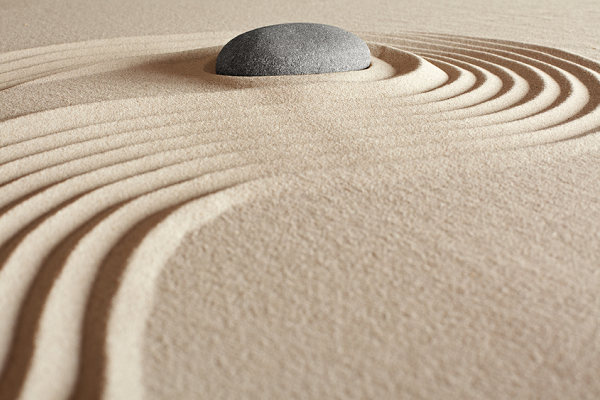Holistic medicine, or “holistic health”, is a belief that both the physical and mental aspects of life are closely connected and factor into the overall health and wellness of a person. Holistic health is usually associated with the topic of alternative medicine, but it is becoming more mainstream in this day and age.
The concept of holistic health is not new. Holism has been around for ages, but it has only been integrated into mainstream healthcare recently. There is a certain element of stubbornness in the medical field and sometimes it is slow to accept new ways of treatment or thinking.

Holistic medicine is more an approach to how individuals should be treated, as opposed to a treatment method in and of itself. Those who practice it believe that maintaining good health is more than simply taking care of the different parts of our physical bodies and it incorporates emotional and spiritual aspects as well. The overall goal of holistic medicine is entire wellness, not simply a lack of disease or physical pain.
As I mentioned above, the topic of holistic remedies certainly has it’s doubters. There are many who feel that this approach is “hokey” and the idea that spiritual and emotional matters are detached from the physical. One group of people that seem more accepting of a holistic approach seems to be marijuana users. And related to that group is the set of people who are users of CBD oil.
In the last several years CBD use, and acceptance, has increased dramatically. CBD, more formally known as cannabidiol, is a popular natural remedy that’s believed to be of benefit for several common ailments. CBD is one of over 100 cannabinoid compounds present in cannabis. Unlike the other well-known cannabinoid THC, CBD does not produce psychoactive effects.
Do your research and most importantly, have an open mind when it comes to the topic of holistic health. There are many valuable things that you can learn from this approach that will greatly enhance the quality of your life and overall health and well being.
It is estimated that over 47 million people in the U.S. alone are living without health insurance. Ironically, those who do have healthcare coverage are often paralyzed by the exorbitant and prohibitive out of pocket expenses they are often required to cover themselves. Now more than ever, scores of people around the world are searching for alternatives to traditional medical care but it’s not only for financial reasons. Holism offers a wealth of options for people who believe that true health must include both a healthy body and a healthy mind. The goal of holistic health care is to incorporate wellness into the whole being, not just the body.
The health insurance situation in Australia is better. But even with insurance that will pay for traditional medical procedures, many people in Sydney and other cities believe in, and turn to, holistic and naturopathic medicine.
Until recent years, the holistic approach was largely dismissed by mainstream society as nothing but a fad. Acknowledging the ineffectiveness of traditional medicine to completely deal with modern stressors and other health problems, holistic practitioners are now being sought out in record numbers. Holism incorporates a variety of healing practices than span many belief systems and centuries of wisdom from cultures around the globe.
At the National Center for Biotechnology Information they note that aspects of Native American, Buddhist, Shamanistic and Kabbalistic healing as well as a wealth of other practices have proven to yield impressive results at a fraction of the cost of traditional medical treatments. The notable difference between the holistic approach and the more conventional methods is the focus on overall well being of the patient. In other words, when the mind, body and spirit of an individual are in sync, the health of the person – the whole being – will follow suit.



